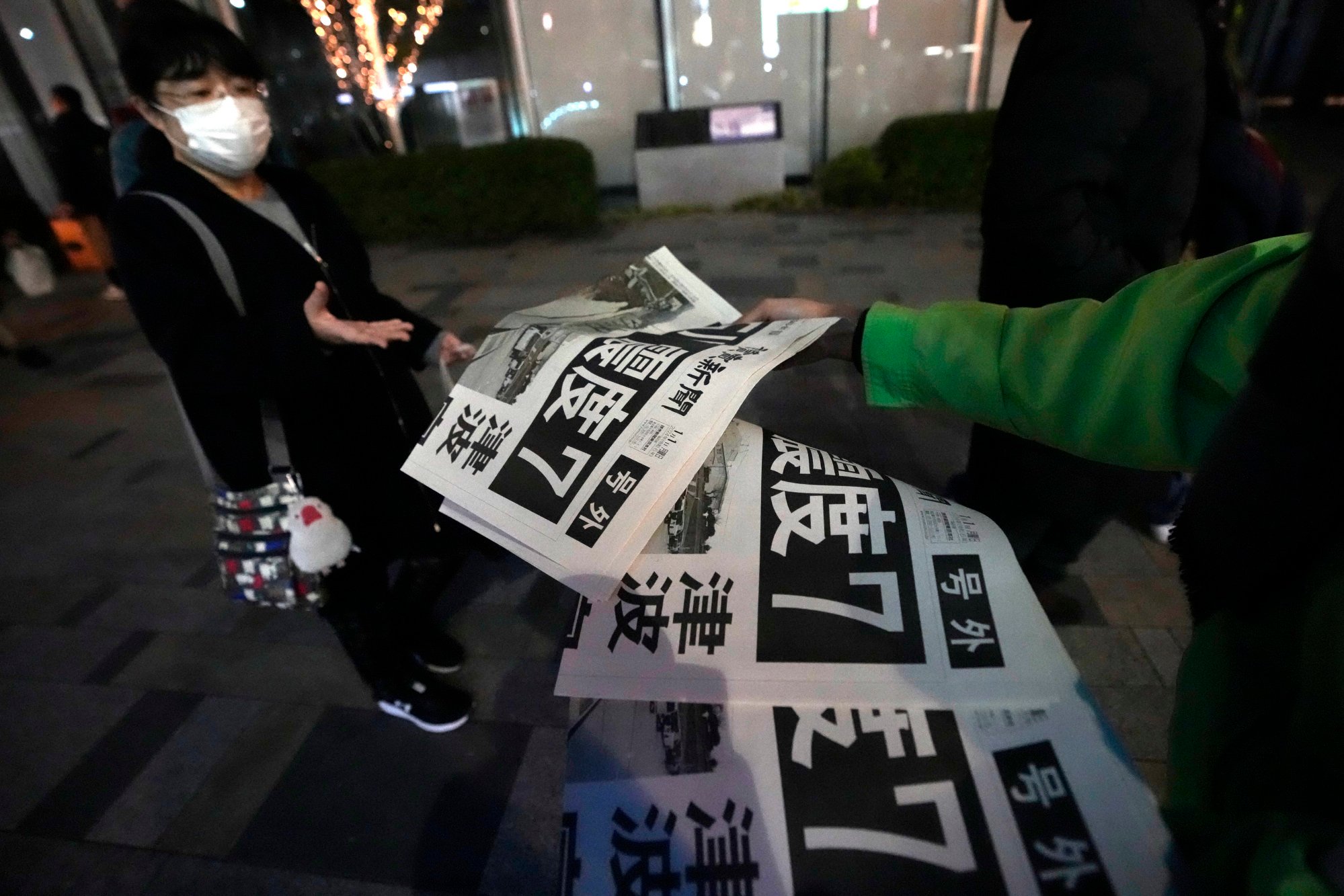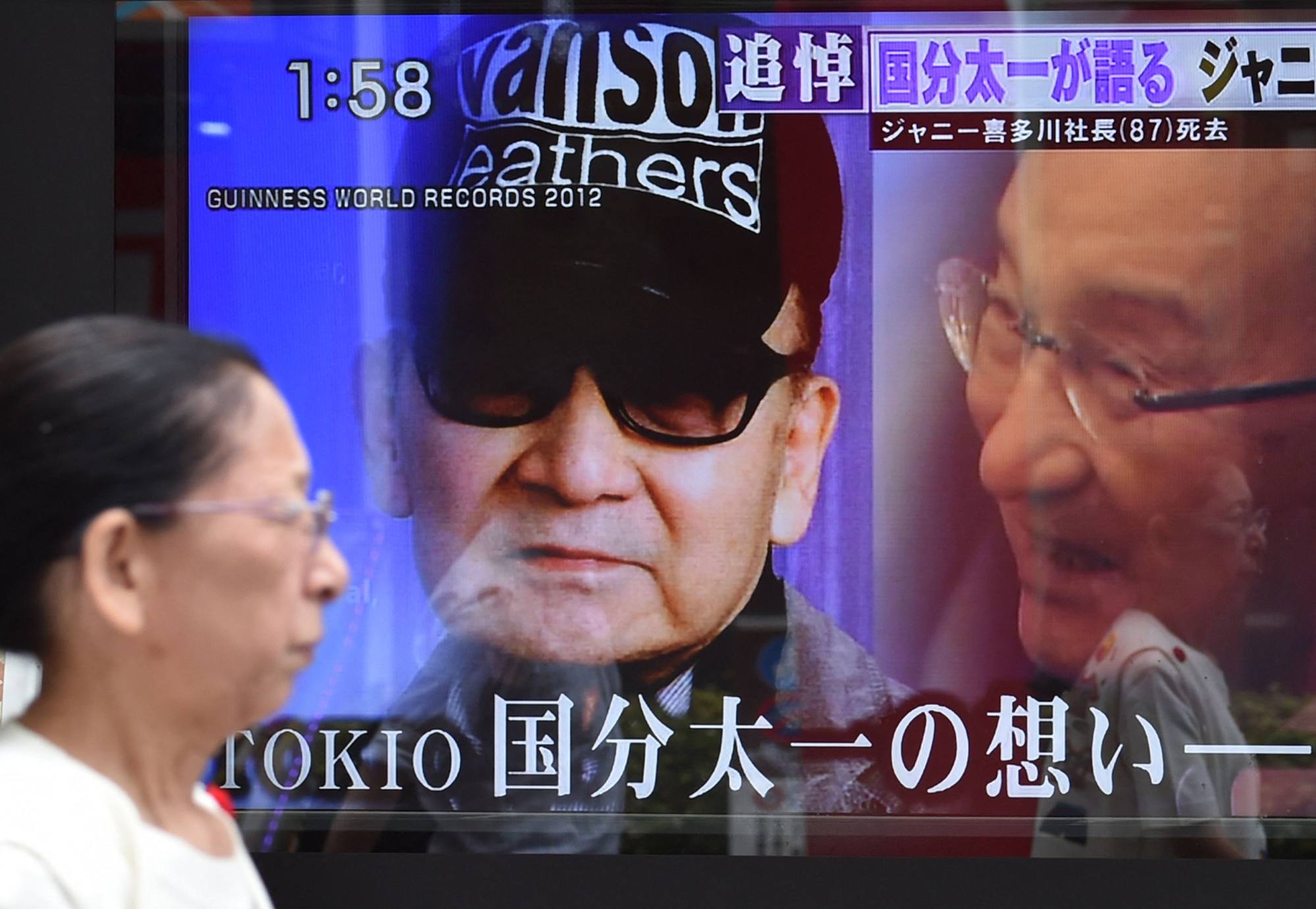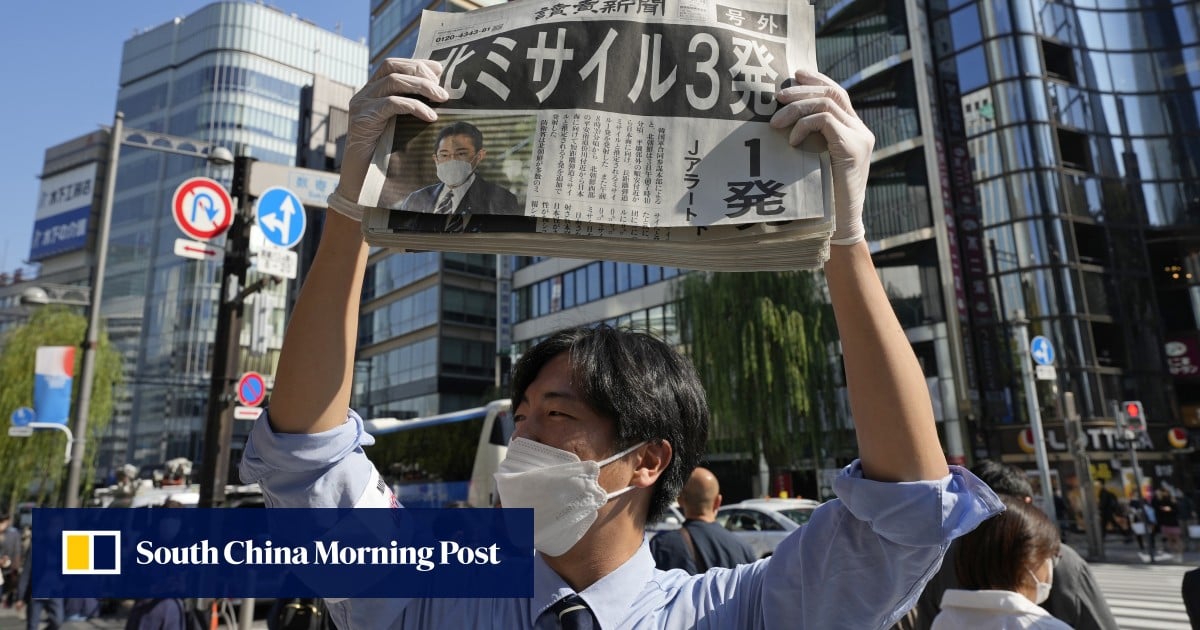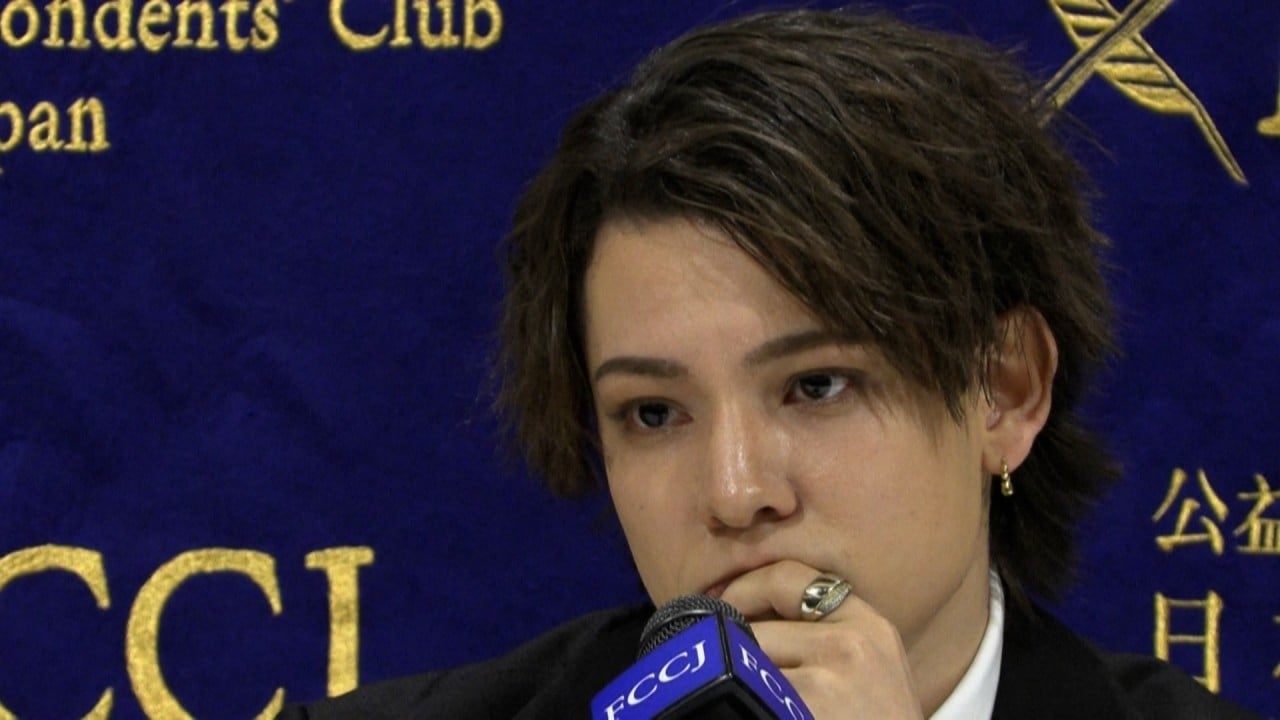It also criticised Japan’s system of ‘kisha’ clubs – government-sanctioned news associations affiliated with ministries that are only open to established media outlets and have the right to deny or limit access to reporters if they publish news that conflicts with government’s stance.
The origins of ‘kisha’ clubs can be traced back to 1890 when the first Imperial Diet imposed a ban on reporters. In response, journalists banded together with the support of newspaper companies to establish the inaugural press club and lobby for access rights.
Despite pressure from foreign media, the ‘kisha’ club system has effectively remained the same ever since, promoting “self-censorship” and “blatant discrimination against freelancers and foreign reporters”, Reporters Without Borders said.
Japanese media exhibits a tendency to engage in self-censorship with only minimal pressure from the government or influential business partners, the watchdog said, meaning that sensitive subjects – such as corruption scandals, sexual harassment and pollution – often receive inadequate coverage.

“Abe made sure that he was friends with the heads of the major television networks and the newspapers and would go out to dinner with them,” Watanabe told This Week in Asia.
And while there is no suggestion that Abe ordered the nation’s media executives to write positive stories about him and his government, Watanabe says there would have been “implicit pressure”.
“The media is becoming more a part of the elite in Japanese society, and they are shaping attitudes,” he said.
“But also, as fewer people are watching television news now, they are facing financial problems, which means they are producing more cheap programming and doing fewer expensive, in-depth documentaries on political or social issues, which also suits the politicians.”
Nevertheless, the academic said he feels that the media has already been shaped into being a “good servant” of Japan’s political leaders.

A North American journalist who has worked in Japan for more than two decades agreed that the country’s media had become “beholden” to politicians.
“Official Japan is one cohesive mass and the media, the government, the bureaucracy and big business are all in it together,” said the journalist, who requested anonymity.
“They don’t want to rock the boat, and none of them will criticise the others.”
Arguably the best example of this, he said, was the response to the Fukushima nuclear disaster in 2011, when domestic media refused to quote government officials or nuclear energy experts about the unfolding crisis and cited foreign news outlets as “claiming” there had been a series of meltdowns at the plant.
Similarly, television footage of the explosions that tore the roof off the reactor buildings was broadcast in Japan without sound, he said.
Watanabe agreed that the Japanese media’s lack of independence “is deeply worrying as this is a key element of democracy, and it’s embarrassing to be the worst in the G7 for press freedom”, but he said he was optimistic for change.
“Young Japanese do not get their news from the traditional media, the television or the newspapers. They get it through social media,” he said. “Old media is less powerful than it was, and that is only going to accelerate as the population changes.
“I am hopeful that we can get away from the very narrow world view that most Japanese have today because, in a globalised world, that is going to be increasingly important.”


